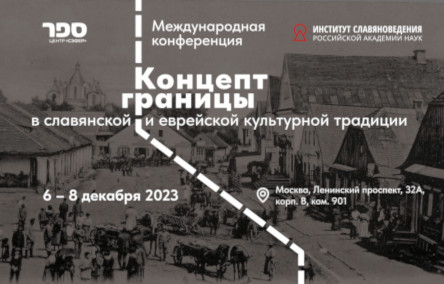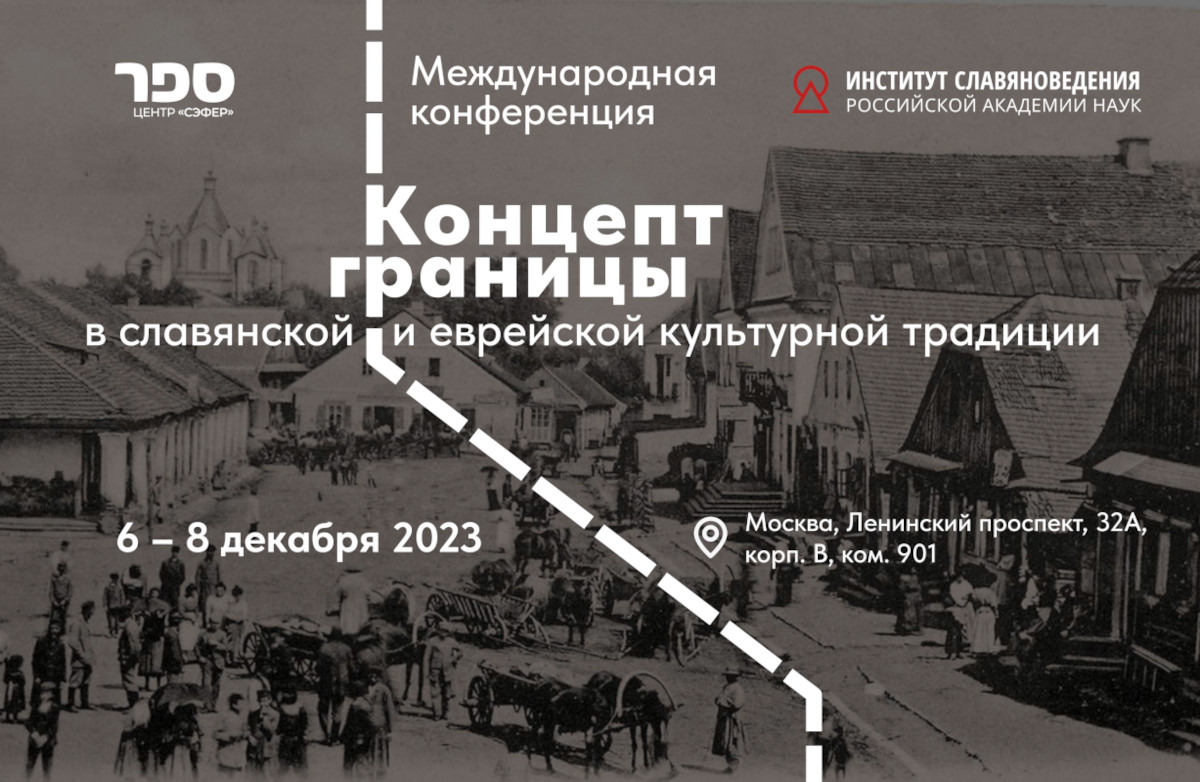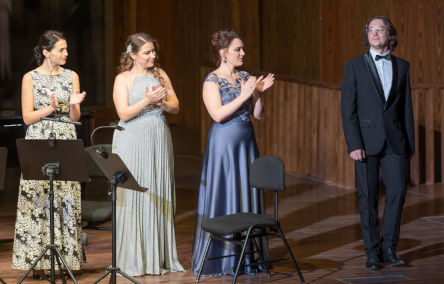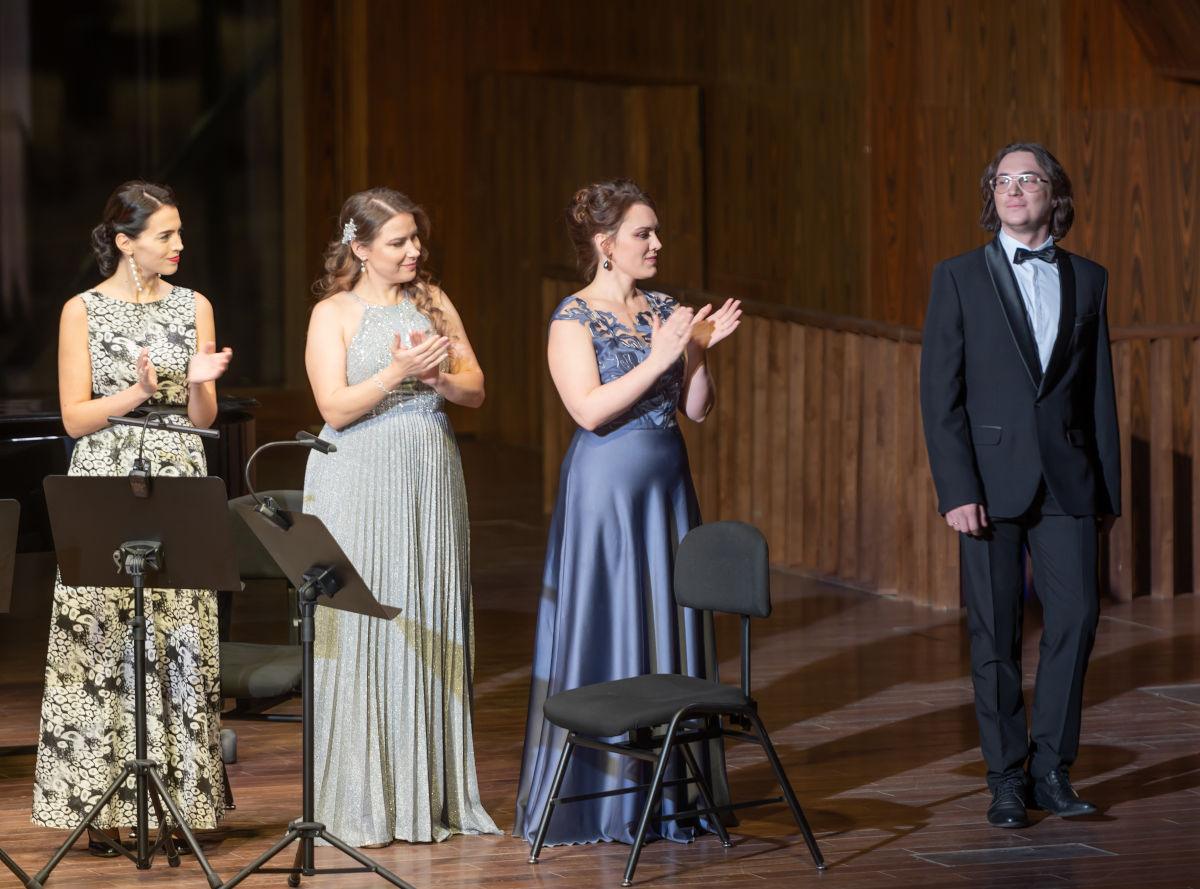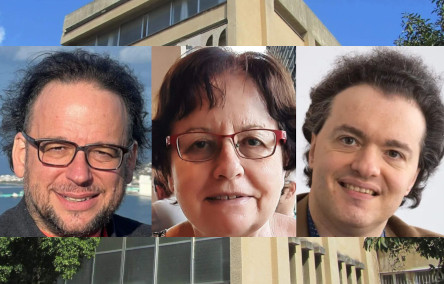
Rubinlicht Awards and Performance by Evgeny Kissin
Rubinlicht Awards and Performance by Evgeny Kissin
Two important events took place at the Tel Aviv Yiddish center Leyvik House: the annual Rubinlicht Award ceremony on December 17 and an online live performance by the world renowned pianist Evgeny Kissin, who recited his Yiddish poems on December 21.
The Anna and Leib Rubinlicht Foundation Award was founded in 1986. Its current laureates are the linguist Dr. Ghil’ad Zuckermann, for his research on the profound influence of Yiddish on modern Hebrew, and Shoshana Kroitero, for her active volunteer work in organizing various events at the Leyvik House.
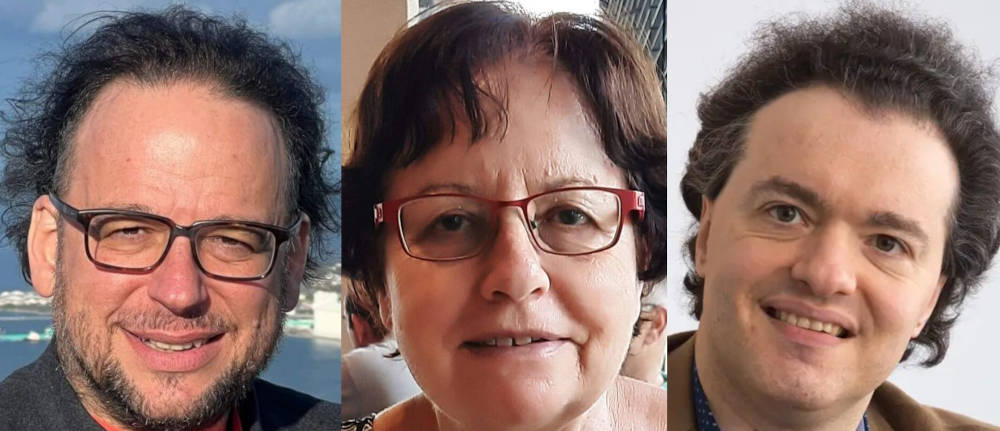
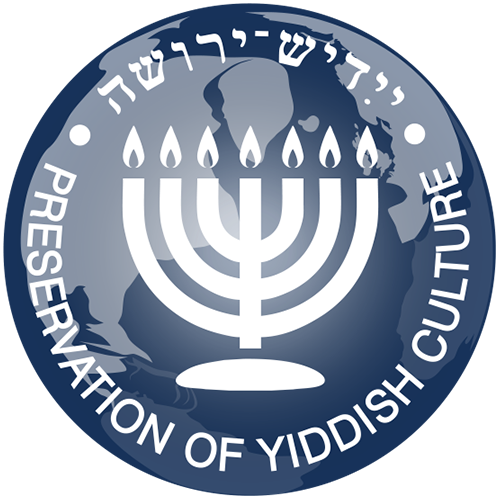
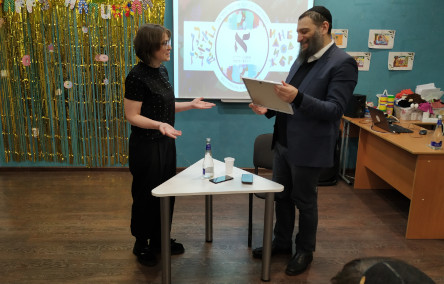
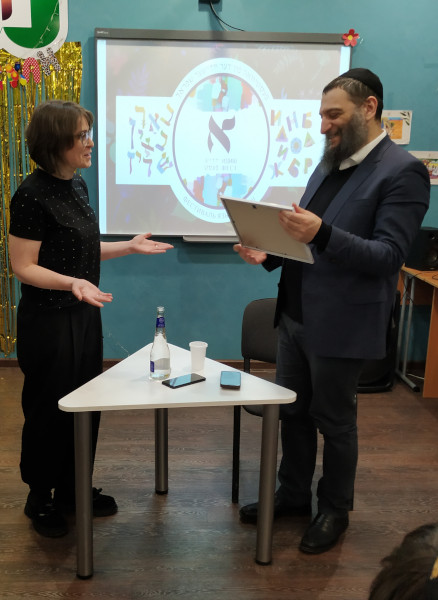 From December 4 to 7, 2023, the 3rd annual Yiddish Festival was held in Birobidzhan. More than 80 events — concerts, workshops, talks with language experts, etc. — were held in the city and several other localities of the region.The program was concluded by the lighting of the first Hanukkah candle and a festive concert. Yoel Matveyev, a Yiddish writer from St. Petersburg, participated in the festival as an honored guest, giving lectures on the spiritual and historical significance of the Jewish Autonomous Region. The festival was attended by Boruch Gorin, director of the Moscow publishing house Knizhniki, who told the Birobidzhan residents about the role of Yiddish in his life and family.
From December 4 to 7, 2023, the 3rd annual Yiddish Festival was held in Birobidzhan. More than 80 events — concerts, workshops, talks with language experts, etc. — were held in the city and several other localities of the region.The program was concluded by the lighting of the first Hanukkah candle and a festive concert. Yoel Matveyev, a Yiddish writer from St. Petersburg, participated in the festival as an honored guest, giving lectures on the spiritual and historical significance of the Jewish Autonomous Region. The festival was attended by Boruch Gorin, director of the Moscow publishing house Knizhniki, who told the Birobidzhan residents about the role of Yiddish in his life and family.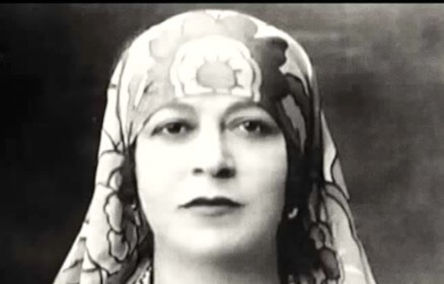
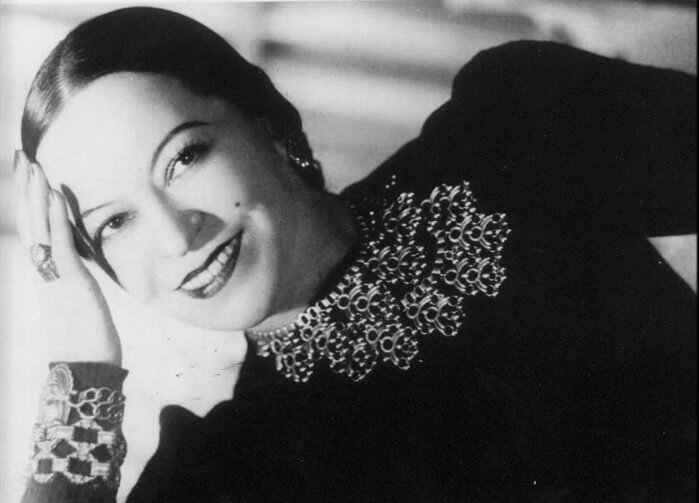 Our site’s editors are pleased to announce a
Our site’s editors are pleased to announce a 